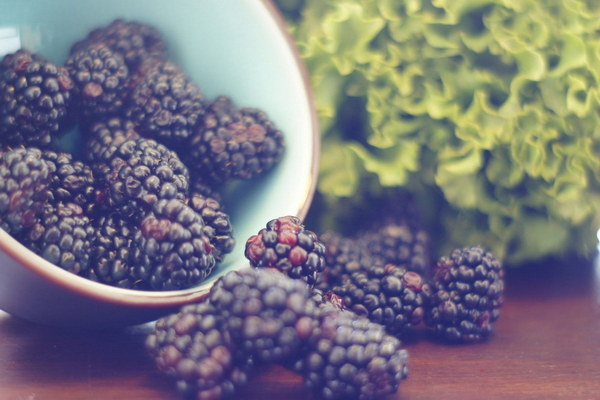Revitalize Your Health with Traditional Chinese Herbs in Wine A Guide to Herbal Wine Infusions
In the realm of traditional Chinese medicine, the art of infusing herbs into wine has been practiced for centuries. This ancient technique harnesses the natural properties of various herbs to promote overall well-being and enhance health. In this article, we will explore the benefits of using different Chinese herbs in wine and provide a guide to creating your own herbal wine infusions.
The Power of Herbal Wine
Herbal wine, also known as medicinal wine or yaojiu, is a unique concoction that combines the healing properties of herbs with the alcoholic content of wine. The alcohol serves as a solvent, extracting the active compounds from the herbs and allowing them to be absorbed more easily by the body. This traditional method of preparation has been used to treat a wide range of ailments, from fatigue and anxiety to joint pain and poor circulation.
Popular Herbs for Herbal Wine
1. Ganoderma (Ling Zhi): Known for its immune-boosting properties, Ganoderma is a prized herb in traditional Chinese medicine. It is believed to enhance vitality, improve sleep, and reduce stress.
2. Ginseng (Ren Shen): A well-known adaptogen, ginseng is used to boost energy levels, enhance cognitive function, and support the immune system. It is particularly beneficial for those feeling rundown or experiencing fatigue.
3. Goji Berries (Gou Qi Zi): These antioxidant-rich berries are known for their anti-aging properties and ability to improve vision and immunity. They also help to balance the body's Yin and Yang energies.
4. Astragalus (Huang Qi): This herb is used to strengthen the immune system, increase energy levels, and improve circulation. It is also believed to have anti-inflammatory effects.
5. Cordyceps (Suo Lingju): Known for its rejuvenating properties, cordyceps is often used to treat fatigue, improve respiratory function, and enhance sexual vitality.
How to Make Herbal Wine Infusions
To make your own herbal wine infusions, follow these simple steps:
1. Select Your Herbs: Choose the herbs you wish to use based on their intended benefits. Ensure that you have fresh, high-quality herbs.
2. Prepare the Wine: Use a good-quality wine as the base. Red wine is often preferred for its robust flavor and health benefits, but white wine can also be used.
3. Sanitize the Container: Clean the glass jar or bottle you plan to use for the infusion thoroughly with hot water and allow it to dry completely.

4. Add the Herbs: Place the herbs into the container, ensuring that they are evenly distributed. If you're using a mix of herbs, layer them accordingly.
5. Pour the Wine: Fill the container with wine, making sure to cover the herbs completely. Seal the container tightly.
6. Infuse: Let the mixture sit in a cool, dark place for several weeks. The longer you infuse the herbs, the stronger the flavor and potential benefits will be. For most herbs, a period of 2-4 weeks is sufficient.
7. Strain: Once the infusion is complete, strain out the herbs using a cheesecloth or fine mesh sieve.
8. Enjoy: Serve the herbal wine chilled or at room temperature. You can also add a few ice cubes for a refreshing drink.
Conclusion
Herbal wine infusions offer a delightful way to incorporate the benefits of traditional Chinese medicine into your daily routine. By using a variety of herbs, you can tailor the infusions to your specific needs and preferences. Whether you're looking to boost your immune system, improve your energy levels, or simply enjoy the unique flavors of these ancient remedies, herbal wine is a delightful choice for your health and wellness journey.









